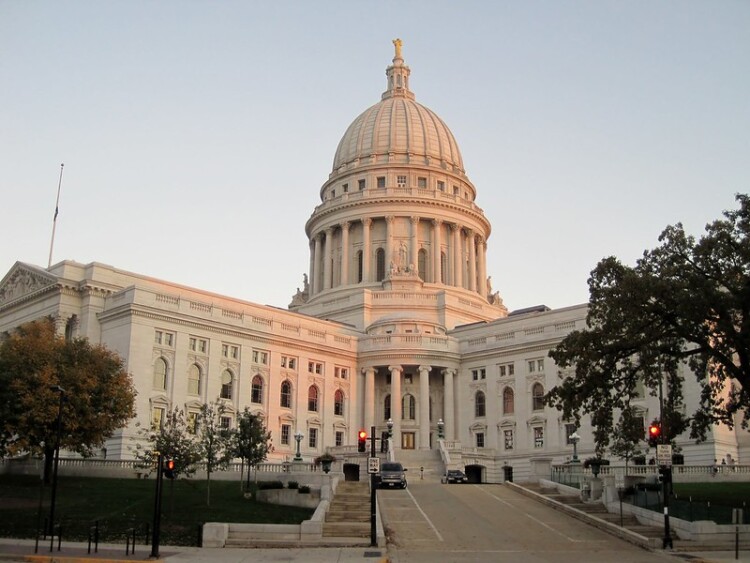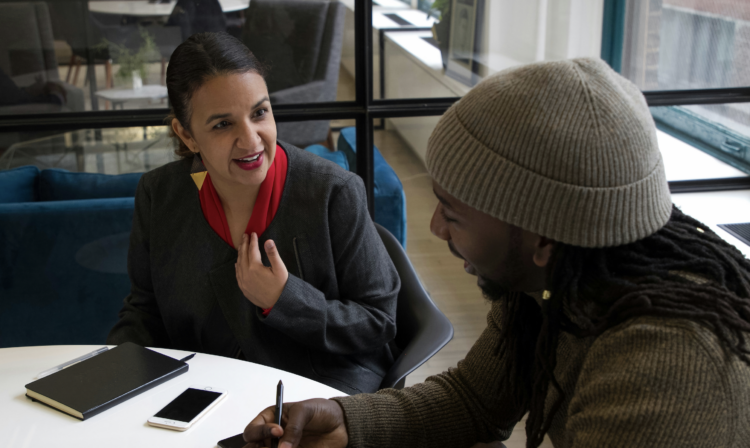We are surrounded by research. As executive director of the American Youth Policy Forum, I come across a great deal of research that purports to have found answers to increasing student performance or improving failing schools. I’m usually skeptical of those studies. This skepticism is fairly common among policymakers and practitioners, which means that a lot of research never gets used, or even read, by the people it’s meant to inform.
I do, however, pay attention to research if I hear about it from a trusted source whose opinion I value and who I know is an independent voice. Oftentimes, intermediary organizations serve such a role between research producers and users. As I and many others are increasingly flooded with information, these intermediary organizations play an important role in sifting through the information and helping make sense of it.
Vivian Tseng has said that “intermediaries can be the primary means by which legislative staff and agency directors acquire research.” These groups, she writes, differ in their organizational missions, constituencies, target audiences, brokering activities, and interest in different types and quality of research evidence. Their activities range from interpreting, packaging, translating, and distributing research evidence to providing forums that bring together researchers and policymakers or researchers and practitioners around particular topics.
Despite the wide variety of activities in which intermediaries engage, I’ve learned over the years that there are specific conditions that need to be present in order for them to be effective: One is that intermediaries need to be viewed as a trusted partner both by the research producers and the research users. Both sides need to feel as though their concerns are being heard. It is also important for research producers to see that the intermediary represents their work fairly and faithfully and adheres to the findings. For the research users, it is important that they know the intermediary is not putting its own spin on the research, using it to make a political case, or using only parts of the research that bolster their argument. Trusted intermediaries share all the findings, good and bad, and avoid political commentary and analysis.
Despite the wide variety of activities in which intermediaries engage, I’ve learned over the years that there are specific conditions that need to be present in order for them to be effective
Effective intermediaries also engage in two-way communication between research producers and research users and help them learn from each other. Intermediaries help researchers understand how policymakers and practitioners use their knowledge and how to present information in a way that is easily understood and useful. They can also help researchers learn about the challenges in applying research to policy and practice, so that research findings can be more specific and targeted to real needs. On the other hand, intermediaries can help policymakers and practitioners understand how the research was conducted and what it does and does not measure, and they can summarize lengthy reports, translate scientific jargon, and make findings more relevant and actionable.
Lastly, effective intermediaries help research producers recognize and acknowledge the political and social contexts of research users. Policymakers and practitioners operate in complex and sometimes conflicting environments, yet most research is produced in controlled, defined settings. Research studies are often focused on a small section of the population or on a distinct geographic area, which may or may not align with the population or area that policymakers and practitioners are concerned about. Research users often see their context as unique and individualized and may not see how research from another setting could be relevant to them. In cases like this, intermediaries can help them understand how the research does relate to them or how aspects of the research can provide lessons. This frequently occurs when small or rural school districts are presented with research on large, urban school districts. The first reaction from the small school districts is that they have nothing to learn from the large districts. The researchers, on the other hand, often feel their work has important lessons for any school district. A skilled intermediary can help distill the applicable and relevant lessons from the research on the large school district for the small districts, knowing their context, concerns, demographics, and structures, and they can help apply lessons more generally to multiple contexts.
Intermediaries can’t solve all the problems related to the use of research evidence by policymakers and practitioners, but they can serve as effective bridges between the producers and users. Understanding the conditions that enable intermediaries to be effective is key to sustaining these important connections.





